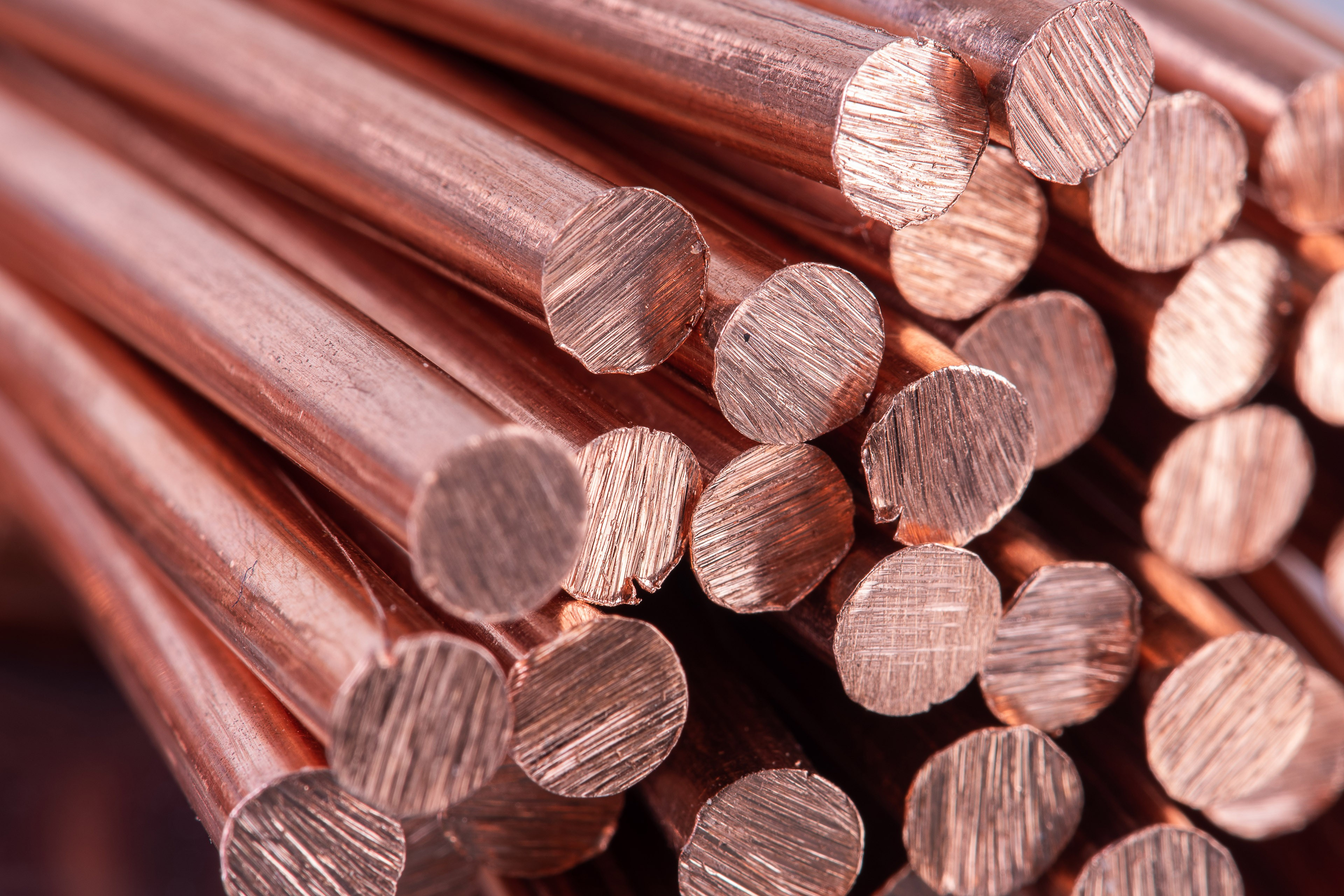
The high prices of international copper have boosted the informal mining of this metal in Peru, a phenomenon that normally does not occur, as it does with gold, according to recent research by the CooperAcción group.
With prices that have recently broken the barrier of US$10,000 per ton, some estimates indicate a doubling or even tripling of demand for metals such as copper in the next two decades due to the energy transition (electric cars, solar panels, batteries, etc.).
The great paradox is that the rural communities in the provinces of the southern Andean corridor, where the red metal used for infrastructure and energy technology in industrialized countries is being massively extracted, are among those that have the least access to electrical energy.
To analyze these aspects, CooperAcción will present the report “Just transition: Copper for the energy transition and the southern Andean corridor”, prepared by researchers Josselin Yauri, Thomas Niederberger and Paul E. Maquet, which addresses the challenges for Peru in a context of high international prices for copper, a key metal for this transition, as well as social and environmental conditions to prevent exacerbated extractivism from causing greater impacts in mining areas.
In the southern Andean corridor, there are recurring conflicts between communities and companies, whether due to environmental and social impacts, as well as the demand for a fairer distribution of benefits. In the midst of all this latent conflict, high prices have unleashed a new phenomenon in Peru: informal copper mining, a problem that was normally associated with gold..
The report highlights an inequitable distribution of benefits with the most affected communities. Espinar is the most dramatic case, where with almost 40 years of copper mining activity, only 33.5% of rural households have access to electricity (if urban areas are included, this figure reaches 61.3%).
“That is why we talk about a fair energy transition: for countries in which the transition will mean an increase in the exploitation of certain raw materials, the discussion about justice also involves the environmental impacts and social conditions related to that extraction, in the framework of a new approach to mining governance,” says CooperAcción.
Source: Larepublica
Alia is a professional author and journalist, working at 247 news agency. She writes on various topics from economy news to general interest pieces, providing readers with relevant and informative content. With years of experience, she brings a unique perspective and in-depth analysis to her work.












